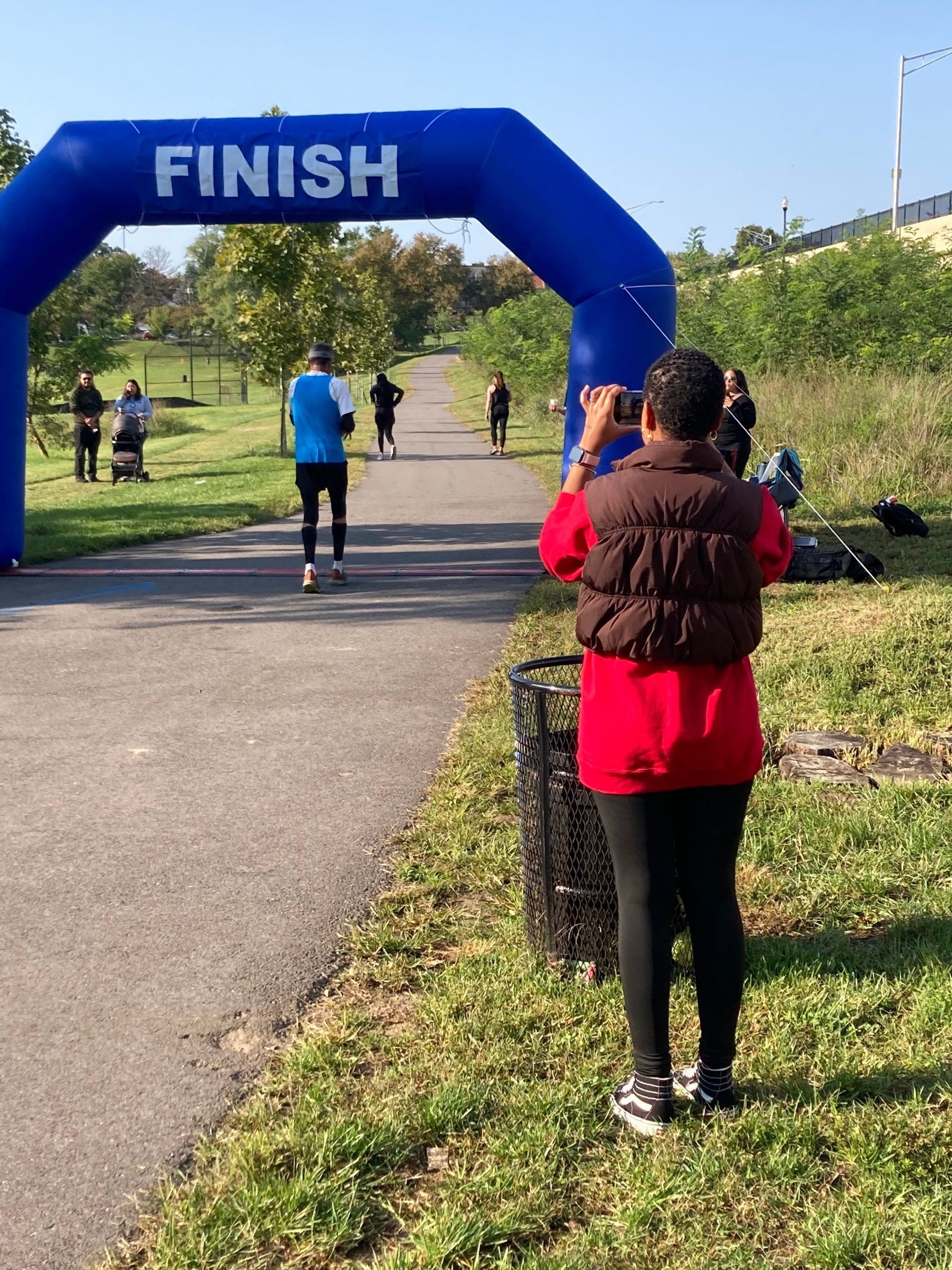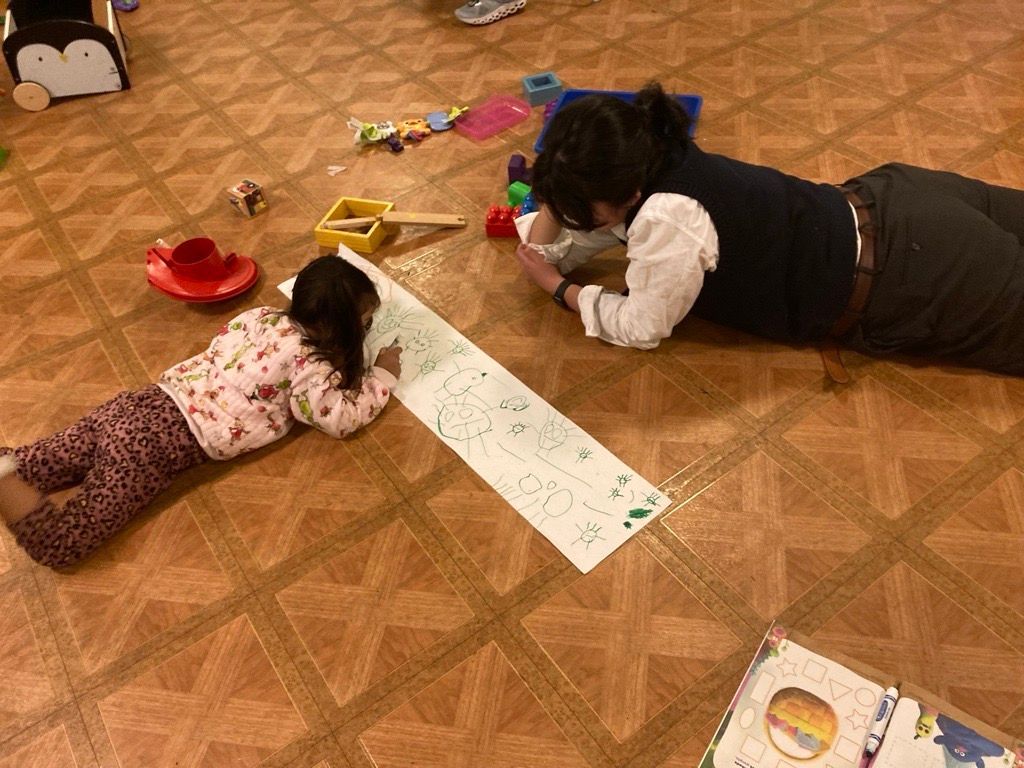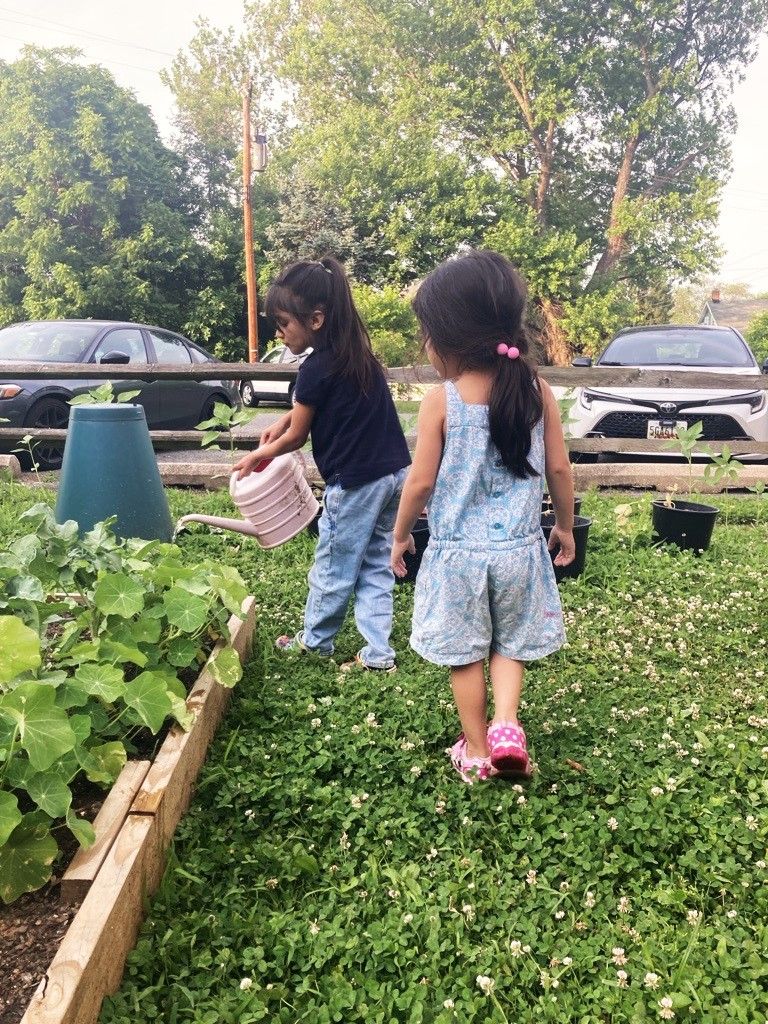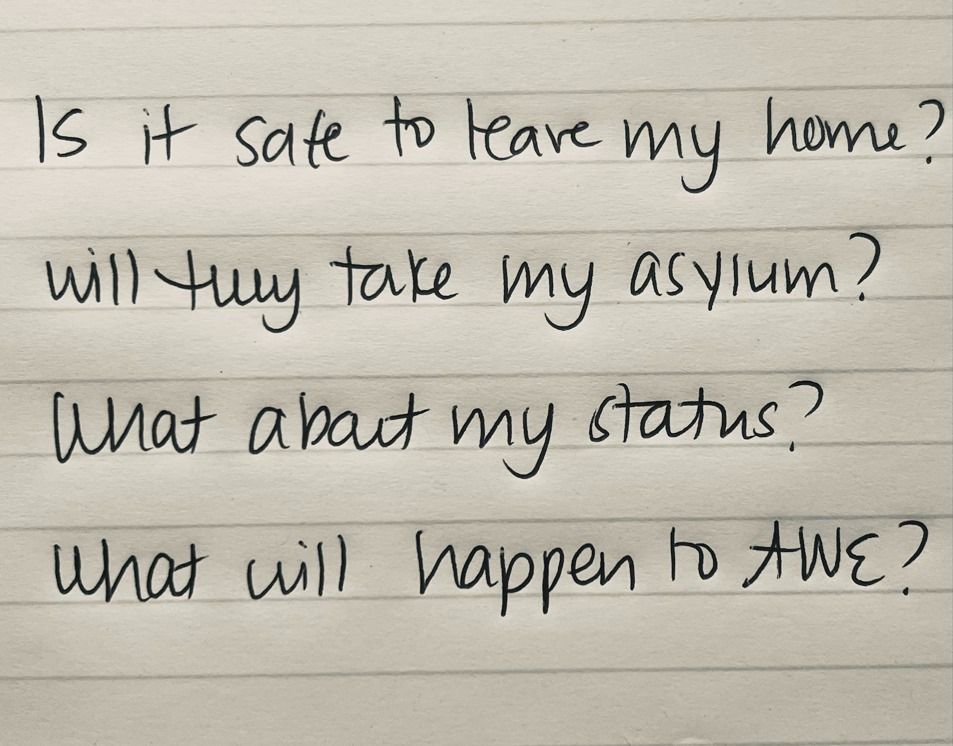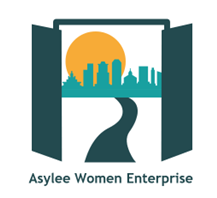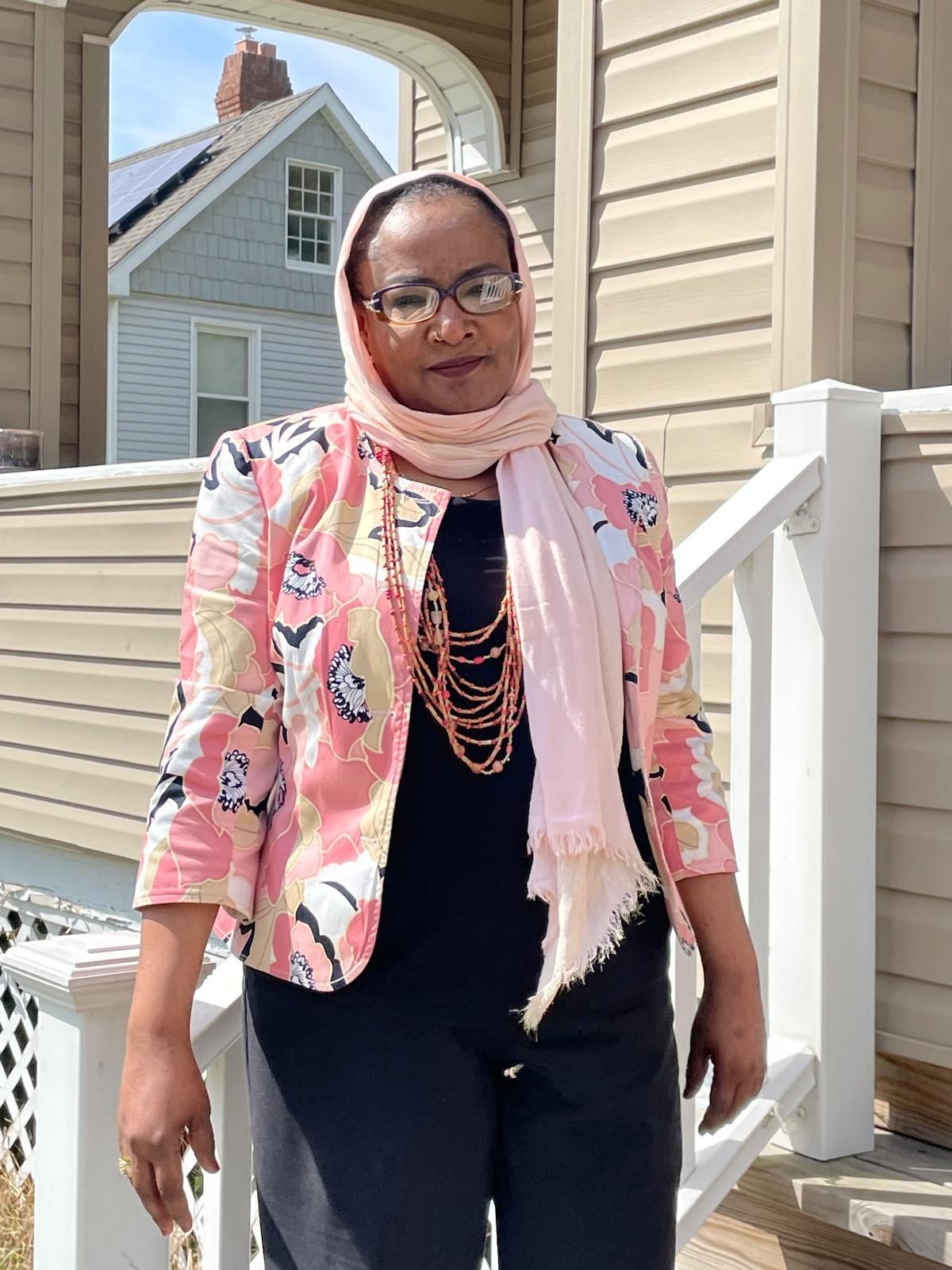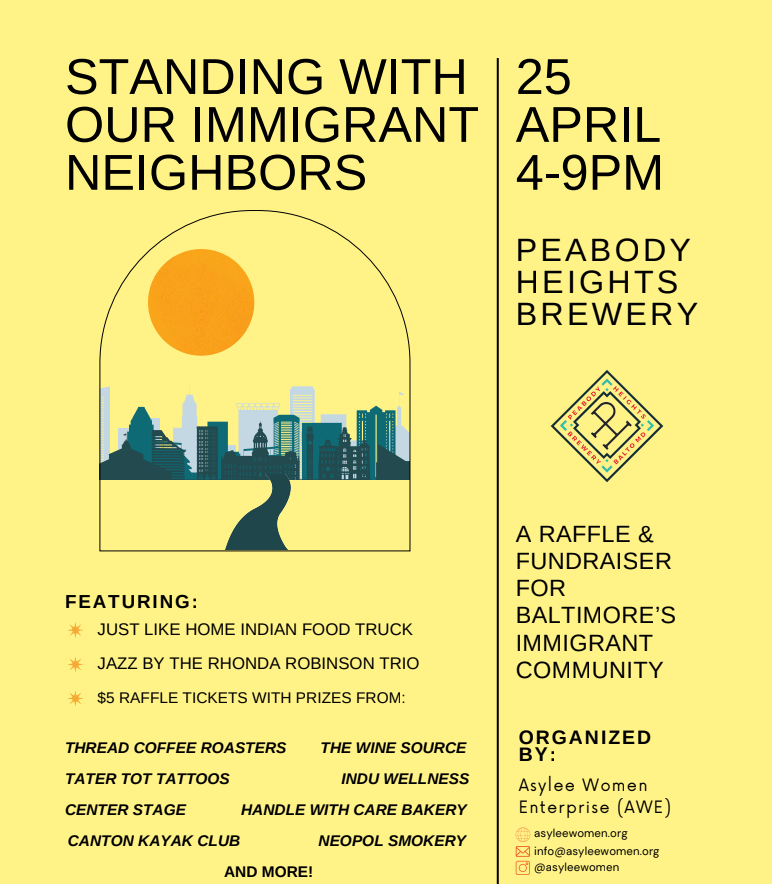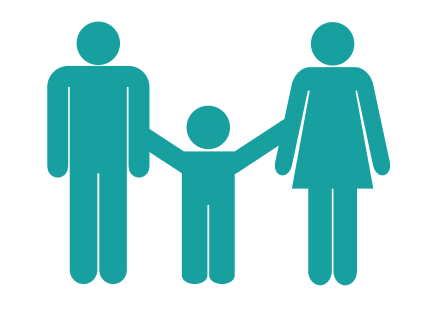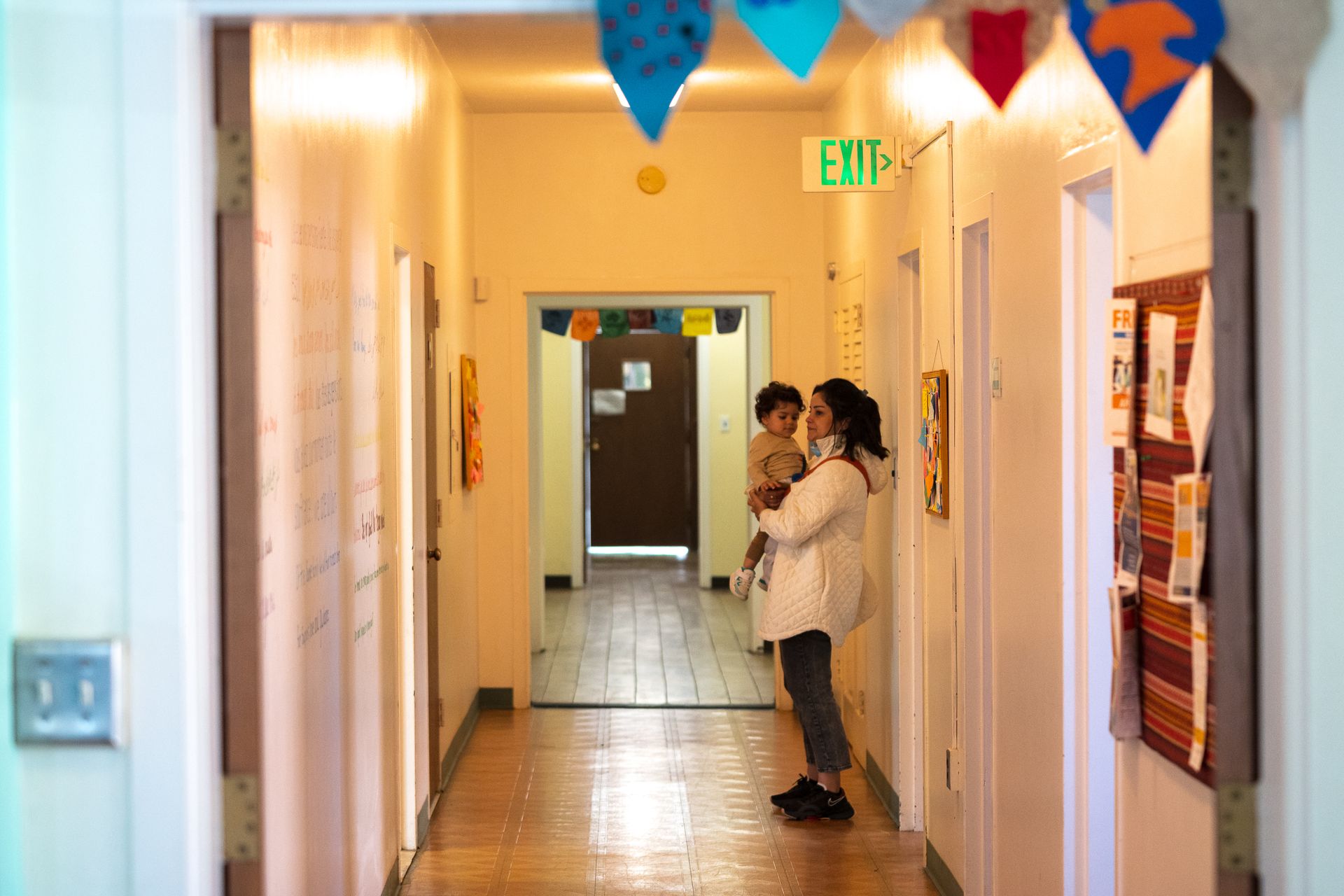
Nearly half of the clients AWE serves are foreign-born survivors of human trafficking. Immigrants are especially vulnerable to human trafficking, and every year the US government identifies thousands of foreign-born victims.
AWE is the largest provider of services to foreign-born survivors in Maryland. Most of the survivors we serve are children and young adults who urgently need financial support and medical and mental healthcare.
While trafficking survivors are generally eligible for public benefits like Medicaid and the Supplemental Nutrition Assistance Program (SNAP), many survivors are unaware of their eligibility, or have difficulty accessing them due to bureaucratic obstacles and the complexities of their immigration status. Helping survivors navigate the systems is critical component of our work, but also very challenging.
Clients enrolled in AWE’s trafficking program are eligible to receive public benefits using what is known as an Eligibility Letter issued by the Office of Trafficking in Persons (OTIP). The letter certifies that the client is a trafficking survivor and therefore eligible for services like case management and public benefits.
However, to apply for benefits and access medical care, a survivor must also have a non-working Social Security Number (SSN). But to get the Social Security Number, they need to apply for and receive a formal letter from the Department of Social Services explaining why they need the number. They can then use the letter from DSS, along with their Eligibility Letter to apply for the Social Security Number at the Social Security Administration.
While these steps may look straightforward on paper, the process can take a long time.
Alma* is a minor trafficking survivor who lives with her younger sisters and her mom, Iris.* Alma urgently needed a Social Security Number so she could access public benefits and receive medical and mental health care. So, Alma’s mother and I (Alma’s caseworker) began the long and complicated application process.
First, we gathered documents to submit to DSS so that they could write a letter that we could take to the Social Security Administration. To get the letter from DSS, we had to prove that Alma was eligible for a Social Security Number because she’s a trafficking survivor. However, most government agencies haven’t worked with foreign-born trafficking survivors, and they’ve never seen an Eligibility Letter. Without a lot of advocacy efforts on our part, DSS might reject the case and we’d have to start all over.
Alma’s mother and I went to DSS in person to explain the uniqueness of the case. After a lot of back and forth, DSS provided the letter we needed, and we headed to the Social Security Administration. We’d already jumped through many hurdles, but we were prepared to advocate all over again. However, this time, the Social Security Officer took the letter, typed a few notes, and handed us a receipt. “Your card will arrive in two weeks,” she said. Alma’s Social Security Number application took less than 15 minutes.
Iris and I were so surprised and started crying from excitement. We’d finally experienced a small win. Afterwards, Alma, Iris, and I celebrated over dinner.
A week later, Iris texted to tell me that the Social Security card had arrived in the mail. With her Social Security number, Alma’s benefits application was approved. Additionally, she was enrolled in the Maryland Child Care Scholarship Program, which allows her to access before and after school programming.
As small as the non-working Social Security Number may seem, it holds so much relief for survivors and families like Alma’s, and allows them to begin rebuilding their lives.
Share this post
All News and Events

